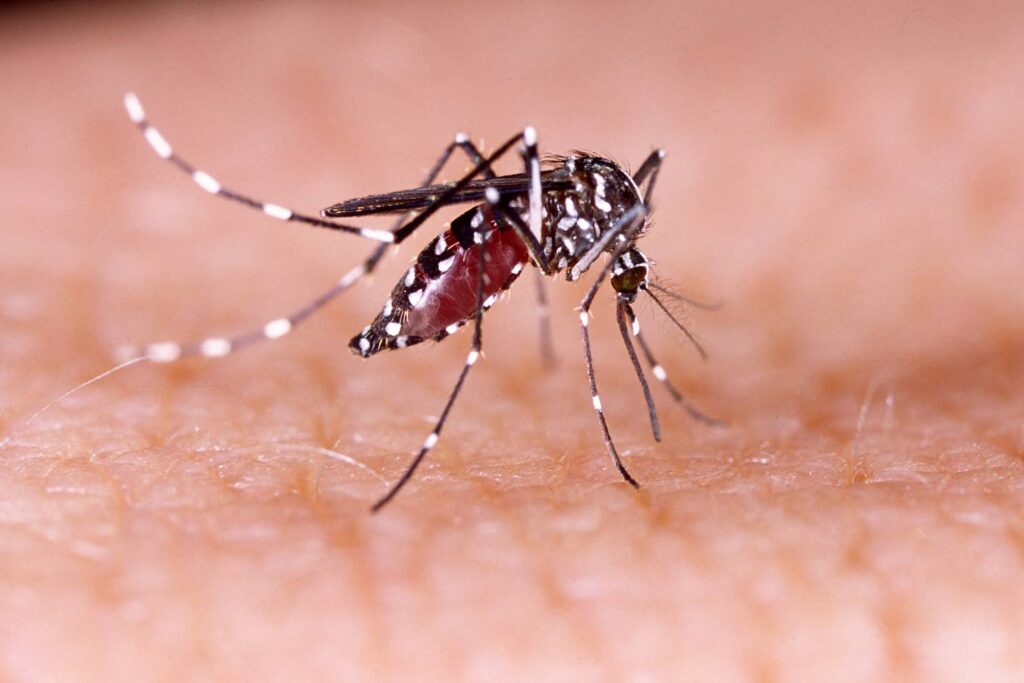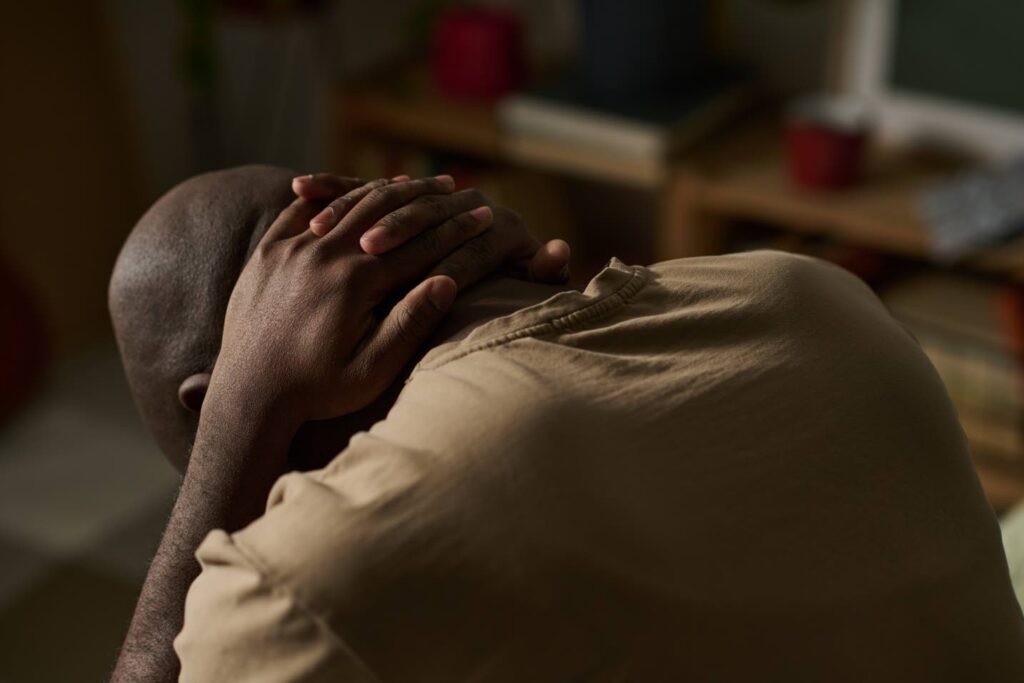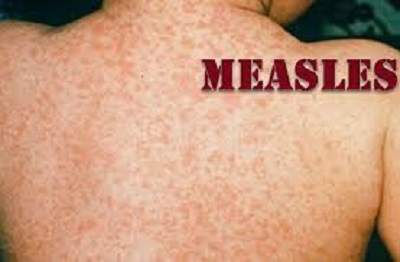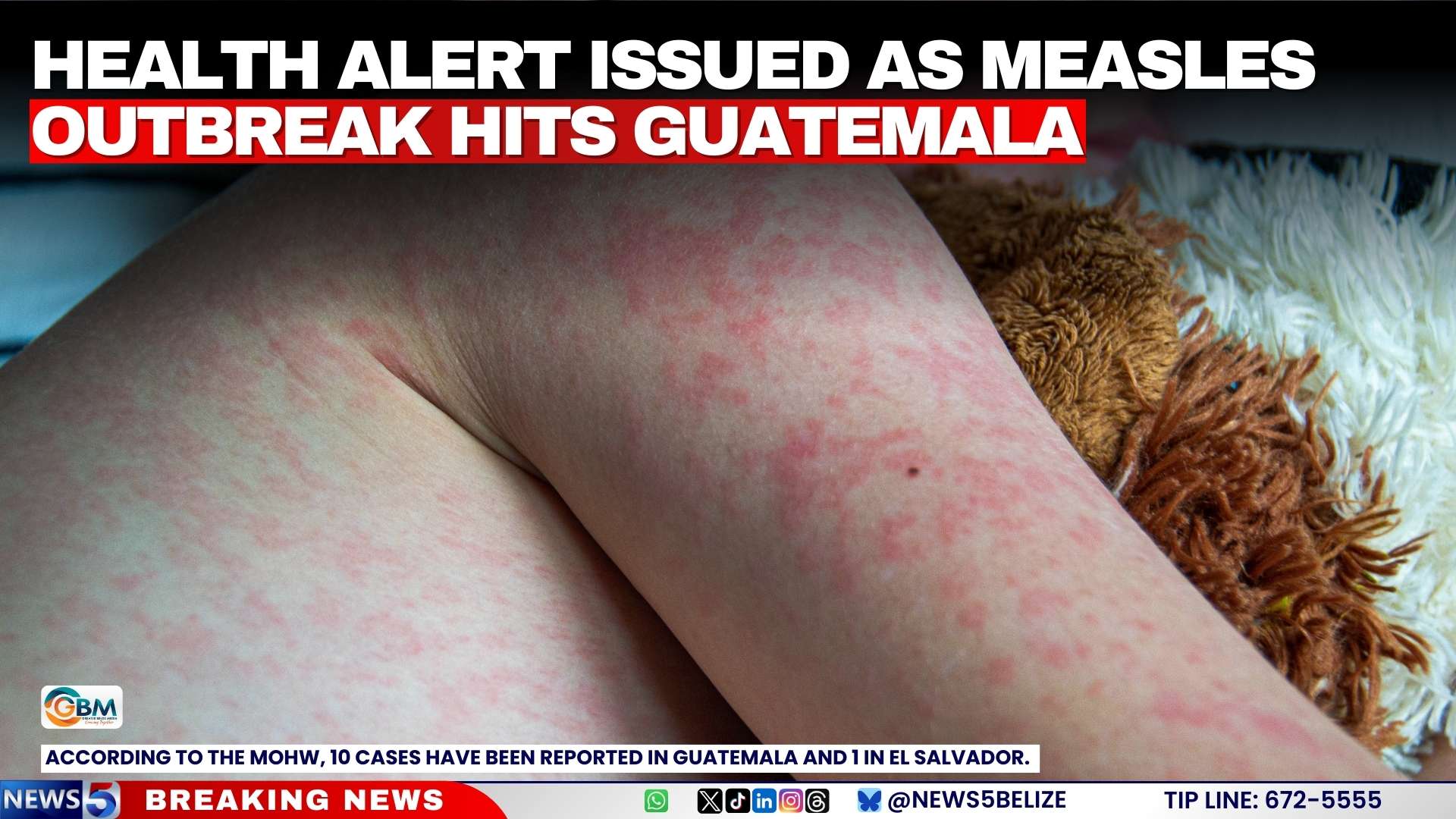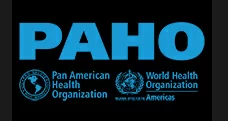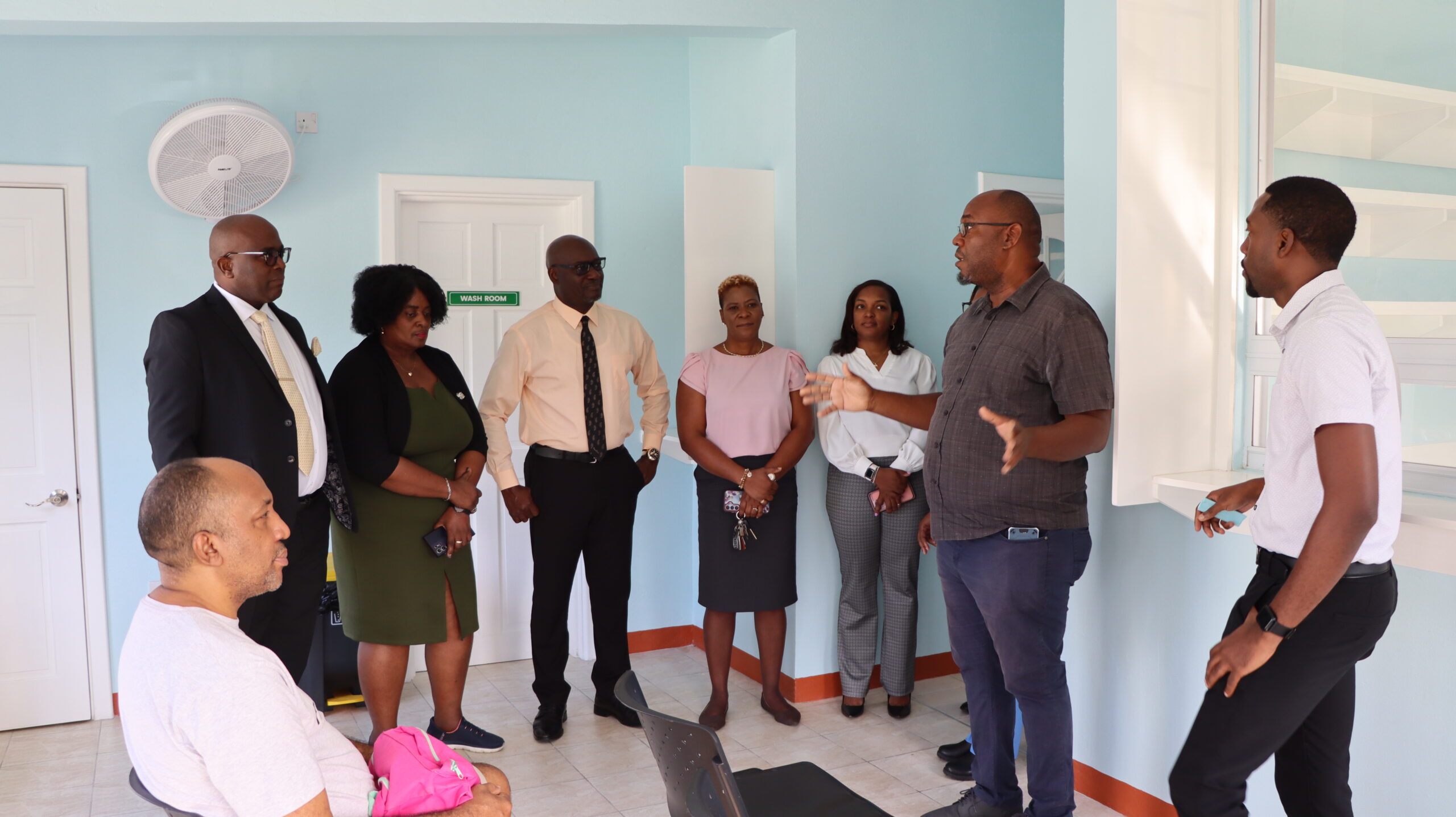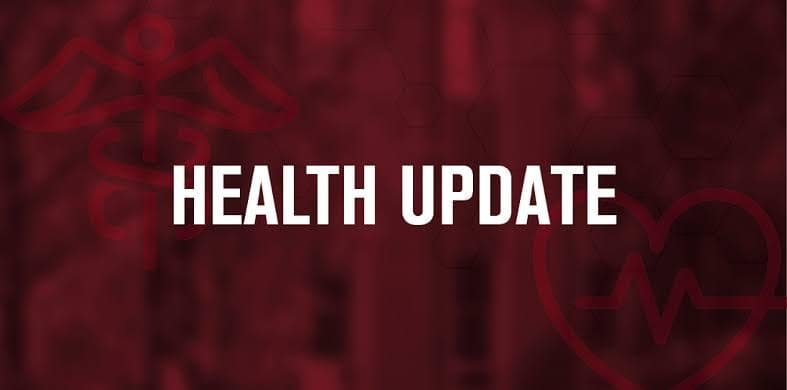ST JOHN’S, Antigua – Health authorities in Antigua and Barbuda have officially refuted circulating concerns about a potential dengue fever outbreak, confirming that epidemiological indicators remain within normal parameters. Health Minister Sir Molwyn Joseph presented comprehensive surveillance data to the Cabinet during its weekly session, demonstrating that mosquito-borne illnesses are maintaining expected baseline levels nationwide.
Communications Director Maurice Merchant delivered the ministerial update, stating that current laboratory-confirmed data shows no unusual patterns in dengue or other arboviral diseases. This announcement comes in response to growing public anxiety fueled by anecdotal reports of increased dengue-like symptoms and alleged rises in hospital visits for suspected cases.
Despite claims from some residents about potential underreporting – including one individual recovering from dengue who reported multiple similar cases in their community – official statistics reveal a consistent downward trend. Epidemiological records show just two confirmed dengue cases in 2022, followed by a significant spike to 106 cases in 2023. This number substantially decreased to 18 cases in 2024 and further dropped to 11 cases in 2025. Notably, no laboratory-confirmed dengue cases have been recorded thus far in 2026.
The health ministry’s surveillance extends beyond dengue to include other mosquito-borne illnesses. Zika virus recorded only two confirmed cases last year with no infections detected in 2022-2024 or the current year. Similarly, chikungunya, Oropouche fever, and yellow fever have maintained zero laboratory-confirmed cases from 2020 through present.
Cabinet officials concluded that arboviral activity remains ‘low and controlled’ with no evidence of sustained transmission or outbreak conditions. The Ministry of Health maintains active surveillance systems designed for early detection and rapid response should disease patterns change. Merchant assured residents that the public would receive immediate notification if surveillance data indicates any elevated risk, emphasizing there is currently no cause for alarm.
